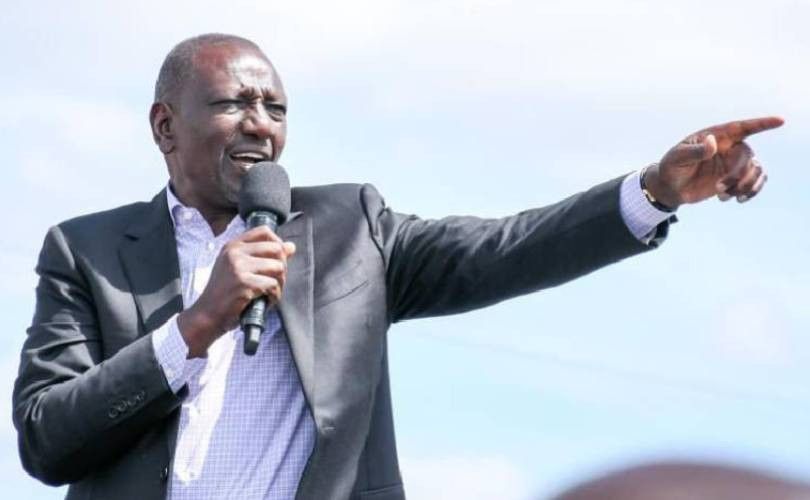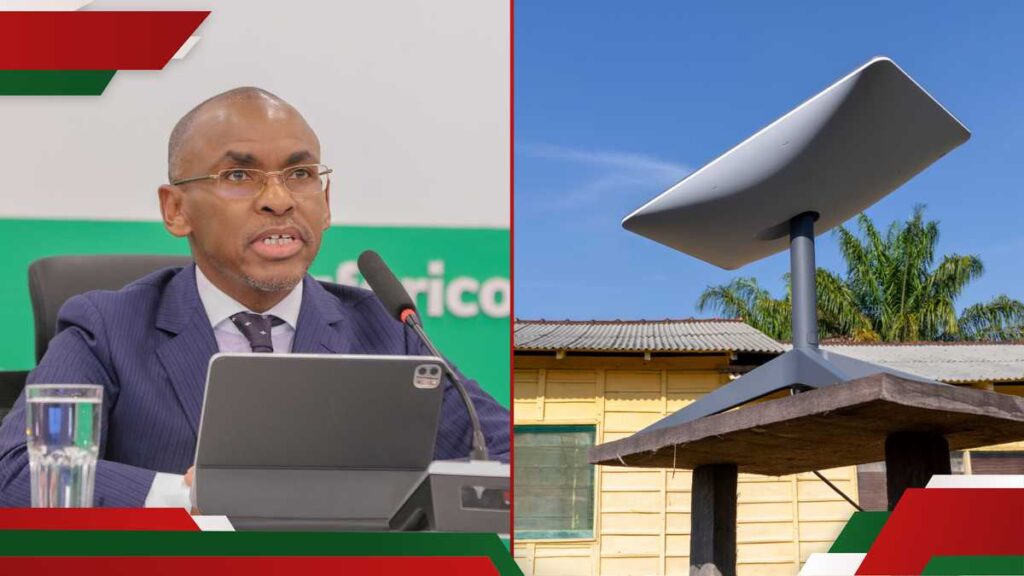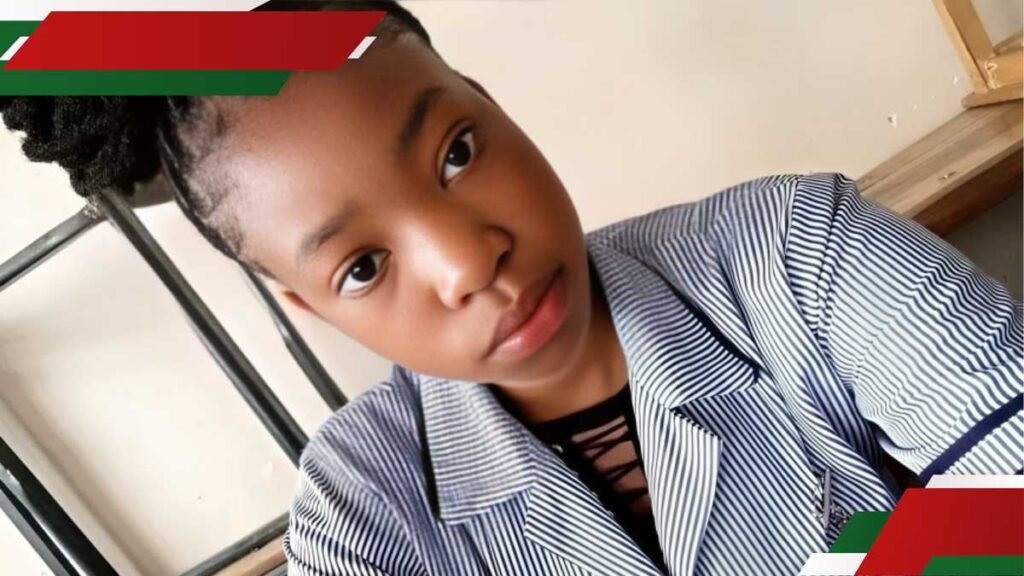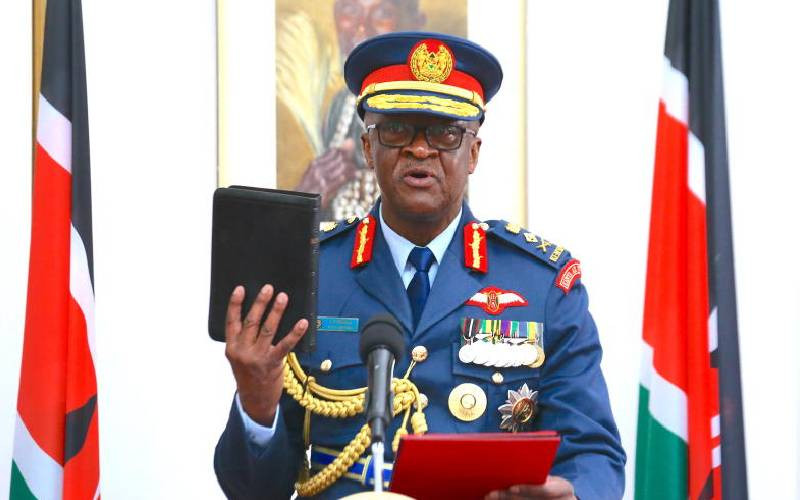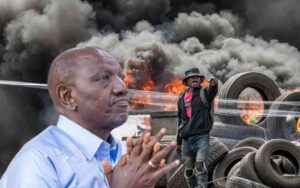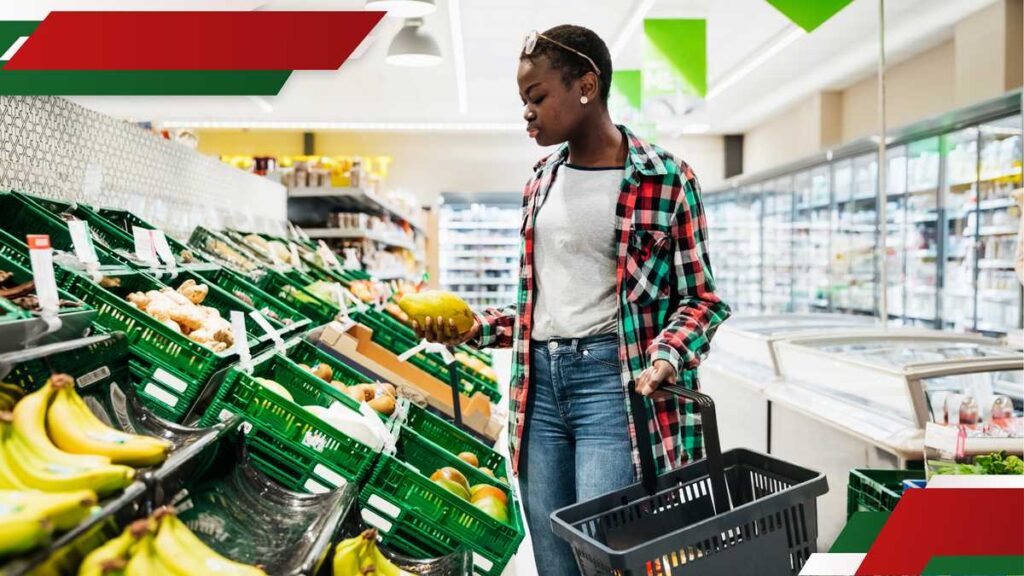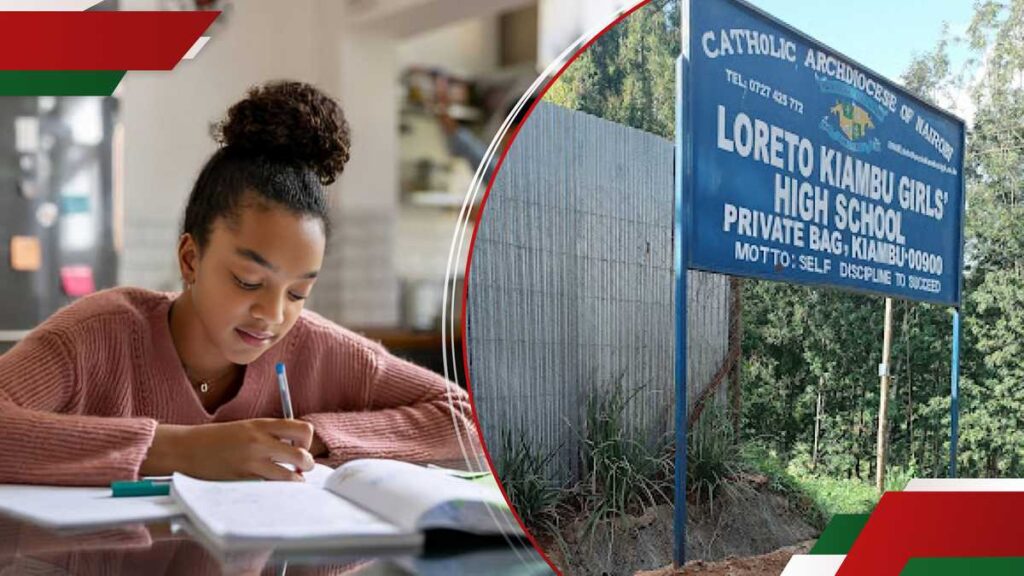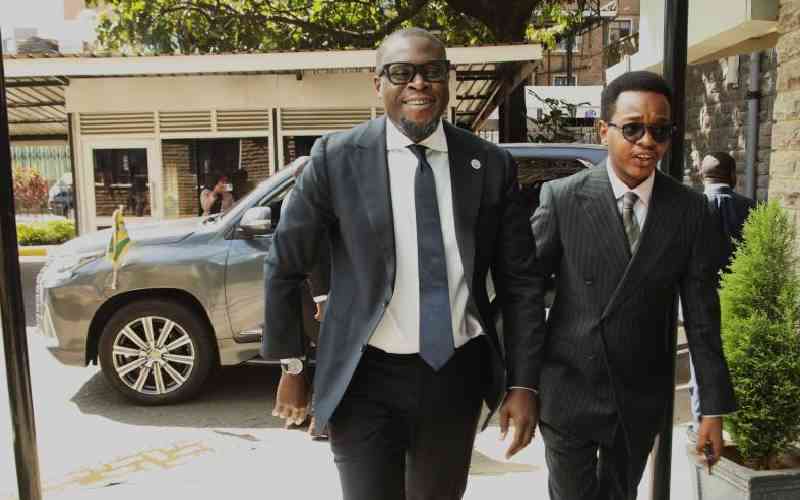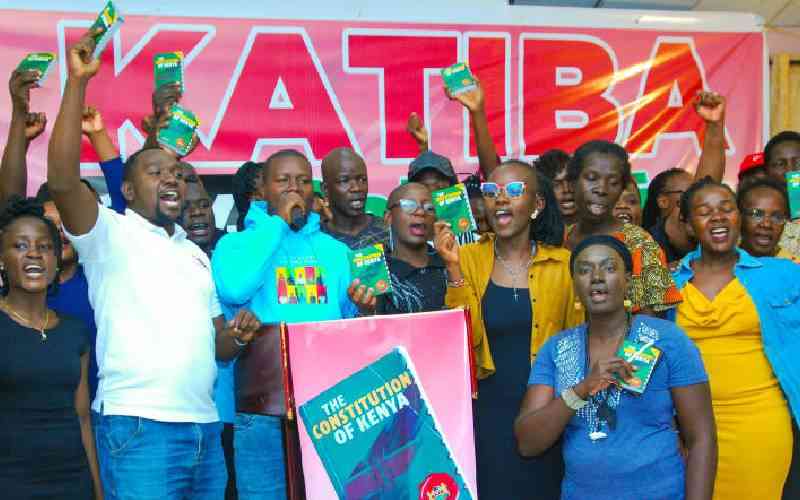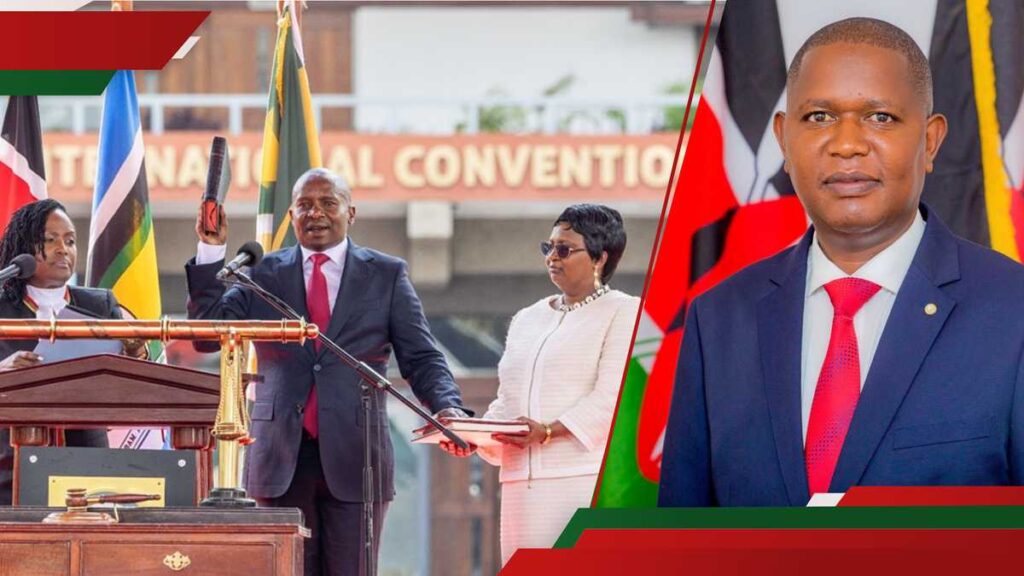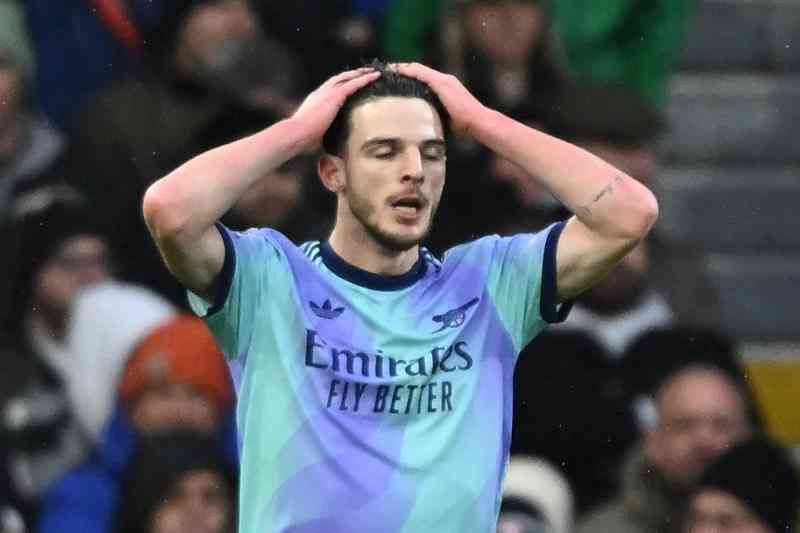President William Ruto’s recent remarks ordering police to shoot protesters in the legs has elicited sharp warnings from lawyers, activists and oversight officials who argue the directive risks pushing Kenya towards collapse.
Ruto on Wednesday, July 9, told police to shoot protesters vandalising businesses in the legs, days after 31 people were killed in nationwide demonstrations.
“They shouldn’t kill them, but they should shoot their legs so they break and they can go to the hospital on their way to court,” Ruto remarked in Nairobi.
Ndegwa Njiru, Advocate of the High Court of Kenya, argued the president’s remarks betray Kenya’s progressive constitution, which created institutions to resolve disputes without violence.
“The police should be independent from the state. We need to live within the constitution, but if the government orders shootings during protests, it shows fear of its own citizens,” Njiru noted.
Njiru observed that the constitution created mechanisms and institutions to handle disputes and warned the state against bypassing them.
“Ordinarily, such remarks ought not to have any effect, but the state’s failure to separate the police service from political manipulation has made it difficult for officers to distinguish lawful authority from political expediency,” Njiru explained.
Njiru further noted that characterising protesters as goons without evidence risks hiding the actions of state-sponsored militias under the guise of maintaining order.
Activist Wanjira Wanjiru, a social justice advocate, called for justice for those killed during protests, urging the government to respect constitutional rights.
“We have been chanting in the streets peacefully, but we are still getting killed. Our right to protest must be upheld,” Wanjiru observed.
Wanjiru argued that economic desperation is pushing people to protest and urged the government to focus on grassroots solutions.
“At the grassroots is where change must happen. We need to advance economic agendas because the state is failing to address the desperation driving protests,” Wanjiru noted.
She added that peaceful protests require political education and participation from all citizens to protect constitutional freedoms.
The remarks came during a debate on police brutality hosted on X Space by Standard Digital under the banner Beyond the Hashtag, which brought together activists, lawyers, policymakers and officials from the Independent Policing Oversight Authority (IPOA).
Festus Kinoti, IPOA deputy director of legal services, stated the authority would investigate any misuse of force during protests, noting that following unlawful orders is not a defence for police officers.
Stay informed. Subscribe to our newsletter
“Officers must comply with the law and IPOA will continue to investigate all cases involving misuse of firearms,” Kinoti explained.
Kinoti observed that IPOA, while having completed over 5,900 investigations with 30 convictions, faces challenges due to budget and staffing constraints, with only 77 investigators overseeing police conduct across the country.
He explained that IPOA can recommend compensation for victims of police violence before criminal cases conclude and noted that the authority has no mandate to remove officers from duty, relying on the courts and the Office of the Director of Public Prosecutions (ODPP) for further action.
Security and risk expert Brian Otieno warned that the continued use of police to suppress protests risks turning state agencies into political tools.
“If the state continues using police to silence citizens, it risks state-sponsored violence becoming the new normal. We need to separate politics from security operations,” Otieno observed.
Otieno noted that some security advisers to the government have failed to provide sound advice, contributing to repeated cycles of violence and mistrust between citizens and the police.
He argued that effective security requires risk assessments and interventions free from political interference to prevent further deaths and instability.
The debate comes even as Interior Cabinet Secretary Kipchumba Murkomen, in a statement on Wednesday, June 15, announced that forty-two people were killed and 1,500 others arrested across the country during the June 25 and July 7 protests.
Murkomen described the unrest as “pure, premeditated criminality: deliberate, dangerous and deeply disturbing,” arguing that what occurred was not a protest but a coordinated attempt to subvert public order and the constitution.
“Forty-two Kenyans regrettably lost their lives, and close to six hundred were injured, including four hundred ninety-six law enforcement officers. One life lost is one too many,” Murkomen noted.
He explained that intelligence-led operations had led to the arrest of suspected masterminds, financiers and instigators behind what he called politically motivated mobilisation intended to stoke unrest.
“Arrests arising out of these attacks have seen close to 1,500 people taken into custody and facing various charges, including terrorism, murder, robbery with violence and sexual assault,” Murkomen observed.
Murkomen added that investigations into political sponsors of the violence were ongoing, noting that all individuals found culpable, including police officers accused of excessive force, would face the law.
“As I speak, one police officer has already been arraigned and is facing murder charges. Any excesses by law enforcement officers will be investigated, and appropriate action will be taken,” Murkomen explained.
He detailed widespread looting and arson targeting businesses and public facilities, revealing that sixteen police stations and posts were either burnt or destroyed, leaving citizens exposed and critical government functions paralysed.
Murkomen condemned an incident where rioters stormed the operating theatre at Kitengela Sub-County Hospital, interrupting an emergency caesarean section and terrorising patients and staff, calling the act “an offence most foul.”
His remarks came as the Kenya National Commission on Human Rights (KNCHR) recorded thirty-eight deaths and at least one hundred thirty injuries during the Saba Saba Day protests alone, including the death of a twelve-year-old girl who was shot while watching television at her home in Kiambu.








